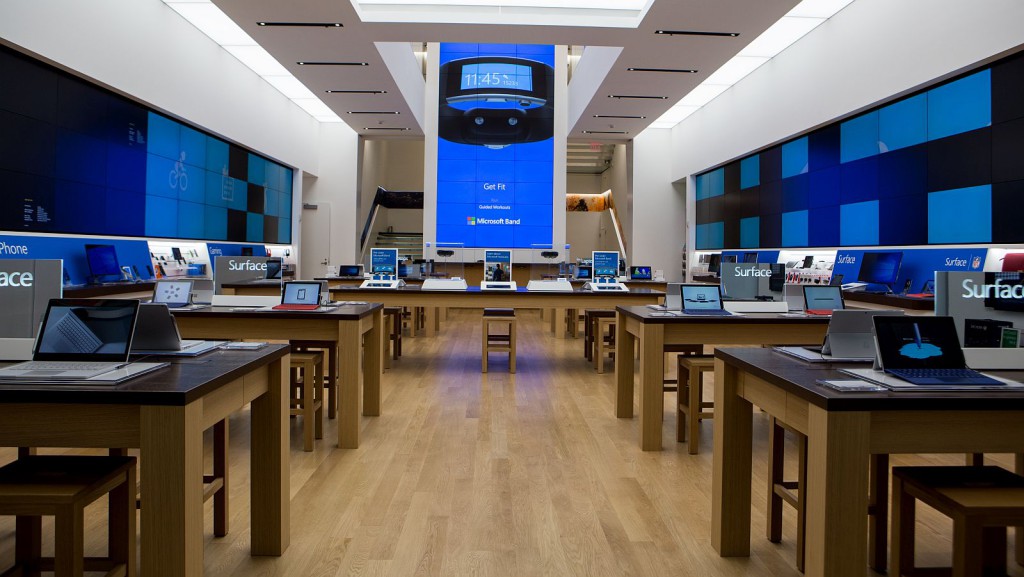With powerful hardware working together with an industry-leading camera system and intuitive AI experiences, everyday tasks have never been easier and faster
Windows 10 will be Microsoft’s only OS to support Intel’s Kaby Lake

Microsoft has announced that it will end support for Windows 8.1 and older OSes for the newer Intel, AMD and even Qualcomm processors due this year.
Essentially, Intel’s current Skylake processors will play nice with Windows 7, Windows 8 and Windows 8.1 until 17 July 2017, after which the company will end mainstream security and bug fix support.
Microsoft was also quick to point out that Windows 10 will be its only OS to support Intel’s next chipset, Kaby Lake, due late 2016, and a number of other processors coming this year.
Microsoft does however do this often with older OSes. Windows XP is now completely unsupported in all facets, so generally the company is required to put more resources into its newer offerings. This is partly the reason for the move, but it’s also a ploy to make Windows 10 its flagship OS.
Remember, Microsoft’s trying to get Windows 10 on a billion devices within three years of its launch. It’s currently sitting at around 200-million.
Read more: Microsoft ends Windows 8 security support
“We are committed to helping our customers embrace the latest innovation, enabled by the significant leap forward in silicon innovation combined with Windows 10, and delivered on incredible hardware,” notes Terry Myerson, Windows’ executive VP on the Windows Blog.
Myerson was also quick to point out that Windows 7 and Windows 8 isn’t part of the company’s future plans beyond the second half of 2016 for Intel, AMD and Qualcomm chipsets. It will however only support some chipsets, as listed by PCWorld.
“Going forward, as new silicon generations are introduced, they will require the latest Windows platform at that time for support,” he remarks. “Windows 10 will be the only supported Windows platform on Intel’s upcoming “Kaby Lake” silicon, Qualcomm’s upcoming “8996” [Snapdragon 820] silicon, and AMD’s upcoming “Bristol Ridge” silicon.”
While the company may not actively support these OSes beyond the date specified, it doesn’t necessarily mean that these OSes won’t run with PCs using these chipsets. With that said, it is a lot less secure.


